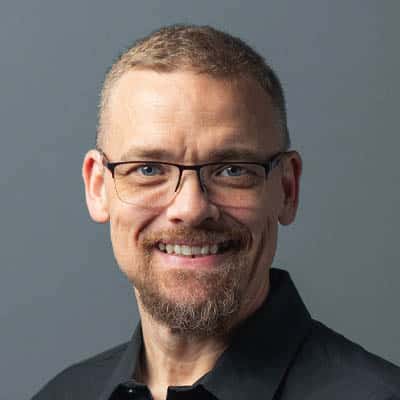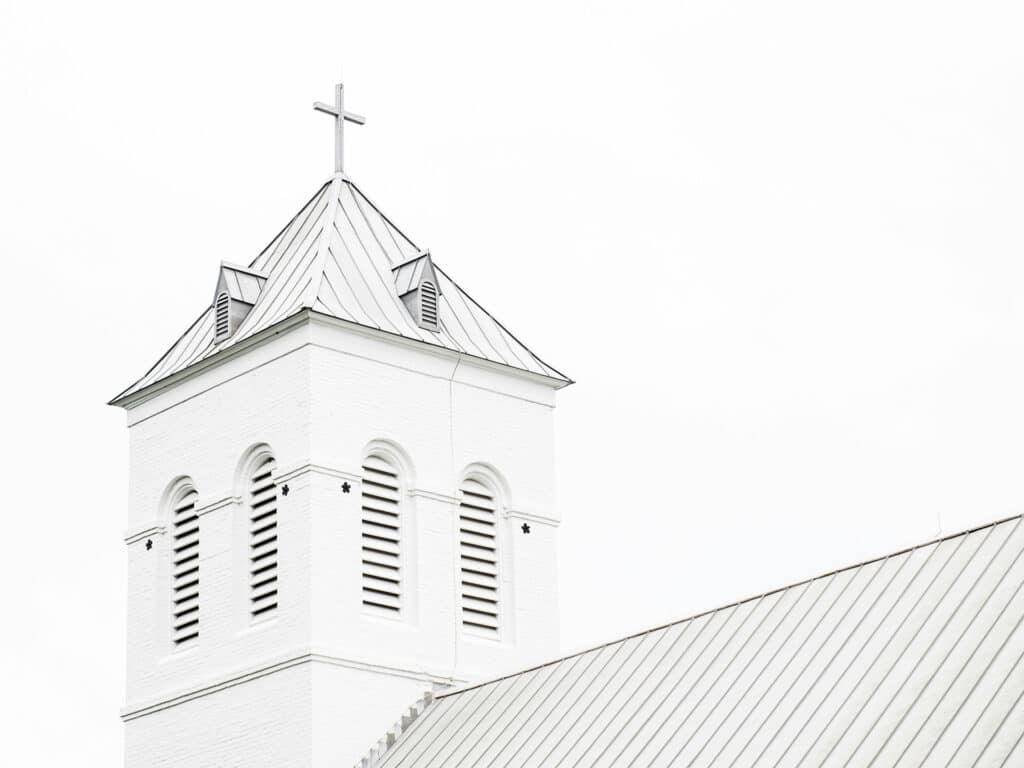INDIANAPOLIS—Nathan Lorick, executive director of the Southern Baptists of Texas Convention, was 17 years old when God changed his life through an encounter with prayer.
Though he gave his life to Jesus as a child, Lorick admits he was not living for the Lord as he approached the latter part of high school. So one day, a youth pastor brought him into a room to show him something. Upon entering the room, Lorick saw his name written over and over again on one of its walls.
“What is this?” a bewildered Lorick asked the youth pastor.
“A few months ago, we began challenging our students to name that one person who they think would be impossible to imagine walking with God because of the state of their life,” the youth minister explained. “They identified you … and they’ve been praying for you. They’ve been begging God to do the impossible in your life.”
On Monday, speaking on a prayer panel at the Southern Baptist Convention’s Annual Meeting, Lorick recounted that story and spoke about the impact the prayers of his peers had on him.
“These are people whose names you’ll never know or who you’ll never see on a stage,” he said, “but they got behind the curtain of their prayer closets and got on their faces before God for me.”
The panel was hosted by Kie Bowman, SBC’s national director of prayer, and also included International Mission Board ambassador Gordon Fort. Bowman’s work has included keeping prayer at the forefront of ministry efforts among SBC churches. For his part, Lorick has repeatedly stressed the primacy of prayer if SBTC churches are to experience a movement of God to reverse the growing rate of lostness in Texas and around the world.
“[Prayer] is not just an emphasis—it is a major emphasis for the churches of the SBTC,” Lorick said. “We are going to unapologetically be churches of prayer. … I’m convinced that the tool of prayer is one of those things churches [often] use as an accessory, but when it becomes a driving force, we experience the power and presence of God in ways we’ve not experienced before—and it’s exciting.”
Added Fort: “The great need of the hour is to restore the doctrine and practice of prayer.”
Bowman concluded by asking each panelist what advice he would offer to young leaders struggling to develop and maintain their prayer lives. Fort encouraged such leaders to make a daily request that the Lord teach them how to pray and to prioritize prayer at the beginning of each day. Lorick challenged young leaders to make note of how God moves when they have prayed. He said being able to see how God powerfully moved in a situation when prayer was made a priority will leave a lasting impression.
“I promise you,” Lorick said, “you’ll become a prayer warrior who is intentional about chasing after the heart of God.”














